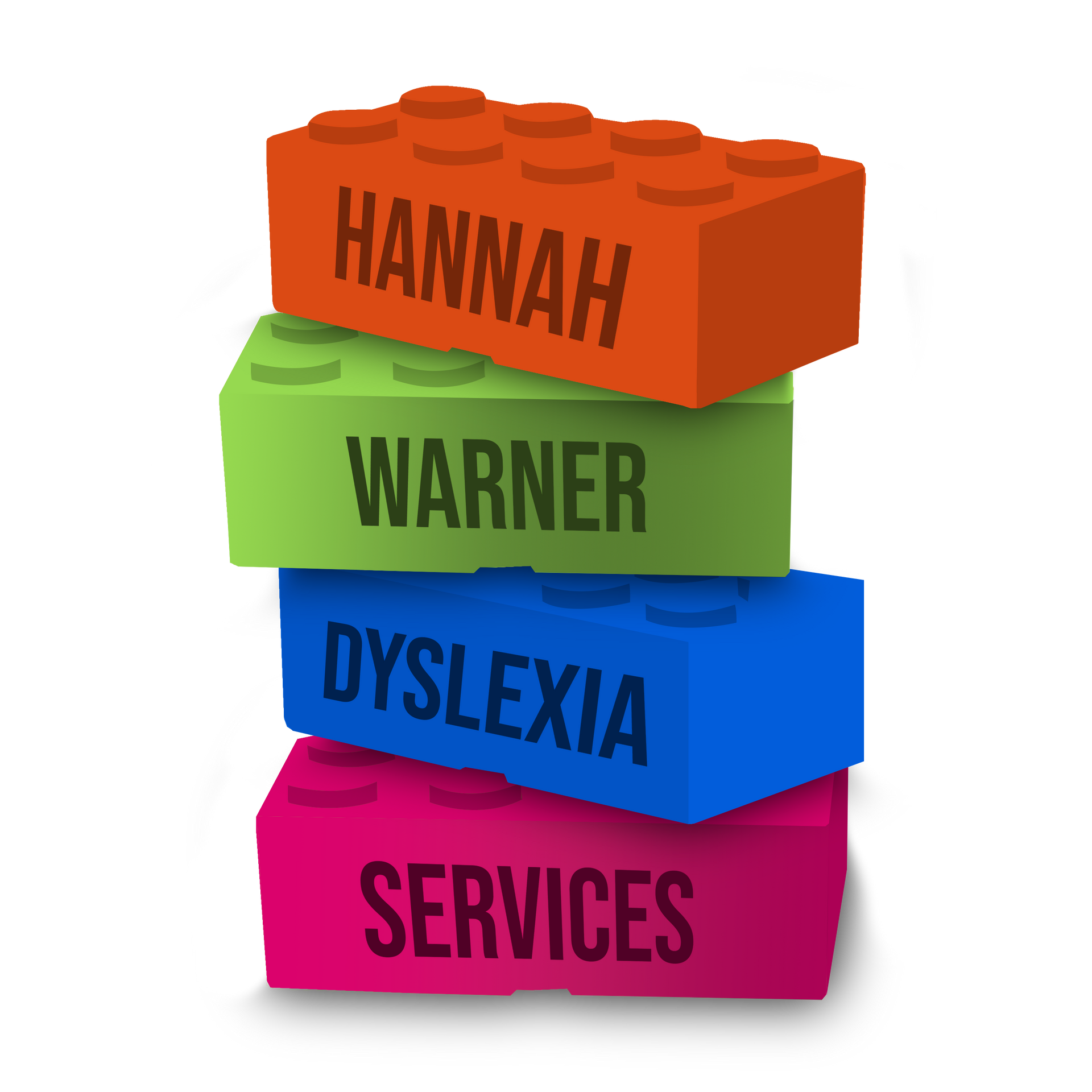What are the benefits of having a diagnostic assessment for dyslexia?
Now this is a question I have personally considered on many occasions with my own children having dyslexia. What would be the benefits of investing in a diagnostic assessment of your child?
Firstly, gaining a sense of understanding for the learner themselves is a huge benefit. Understanding how your brain works, what your strengths are, what you can accomplish intuitively and use with ease. These were huge factors for us personally, as parents, seeking this diagnosis to support our children understand themselves with greater compassion and empathy.
Self-esteem plays a huge role in learning- children seeing themselves working tirelessly, over-learning the basics continually when others don’t have to, struggling over simple words when reading or finding reading draining. Through repeatedly experiencing these frustrations, self-esteem can be hugely impacted. This opened the door for regular conversations to bolster compassion and understanding towards themselves, and an understanding of others.
1 in 5 learners have dyslexia. So, in a class of 30, 6 children may be dyslexic, each having their unique strengths and challenges. Knowing this, can help make a learner feel less isolated, less different and this has to be a benefit
Raising aspirations and not seeing their challenges as a limiting factor was a huge benefit that I was seeking as a parent. The world is changing rapidly, the workforce being sought is vastly different now compared to 20 years ago, but schools haven’t quite kept up with this speed of change. We must help our learners see beyond the here and now, find role models that have reached their goal and keep striving, step by step, continually make progress.
Having the diagnostic report, enables both schools and families to hugely benefit from knowing how to target support for the learner. Schools and families are then able to work collaboratively to help the learner and, this becomes far more personal, targeted and tailored to the individual.
Tailored interventions are hugely impactful when you understand the profile of the learner you are supporting. Given schools possible lack of expertise, lack of resources and capacity, interventions may not always meet the learners needs. At the heart of support for the challenges faced by the learner, must be a knowledge and understanding of their strengths and interests. It is important, for example, not to take the learner out of art & design (a strength) to provide them with additional spelling support (a challenge). Knowing the learner’s profile will help guide what can be done to support in the classroom, through intervention and at home.
Broadening the understanding of reading and writing was my 4th personal benefit. “I am so stupid, I can’t read,” was a common phrase I heard when reading with my child, because of the impact and negative self-esteem towards decoding alone. A full diagnostic report allows you to highlight the strengths within reading – for example, above average language skills, good understanding of text, recall, strong visual skills - all of which are essential to be a well-rounded reader. It is similarly for writing, since spelling can often be viewed as what defines a writer. Having discussions about all areas of strength will help boost self-esteem by reducing the very visible challenge within the eyes of the learner.
My final benefit that we gained from a diagnostic report was taking the tailored recommendations and using the strategies to provide coping mechanisms that really helped. A long-term gain must be equipping the learner with the tools to scaffold the challenges they face. The world has changed, technology has changed. Microsoft and Google both have accessibility features built-in to allow, voice recording, and read-aloud capabilities and even speech-to-text functions. We must give learners the opportunities to utilise these tools, reducing cognitive load, to appreciate their skills.
Consider how many of these benefits may support your child, not just now with this one teacher, but in future in their next school or college with multiple teachers, or ultimately within the workplace.
This diagnostic report provide insight and understanding that is in place for a lifetime.
